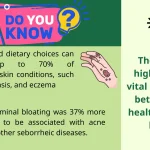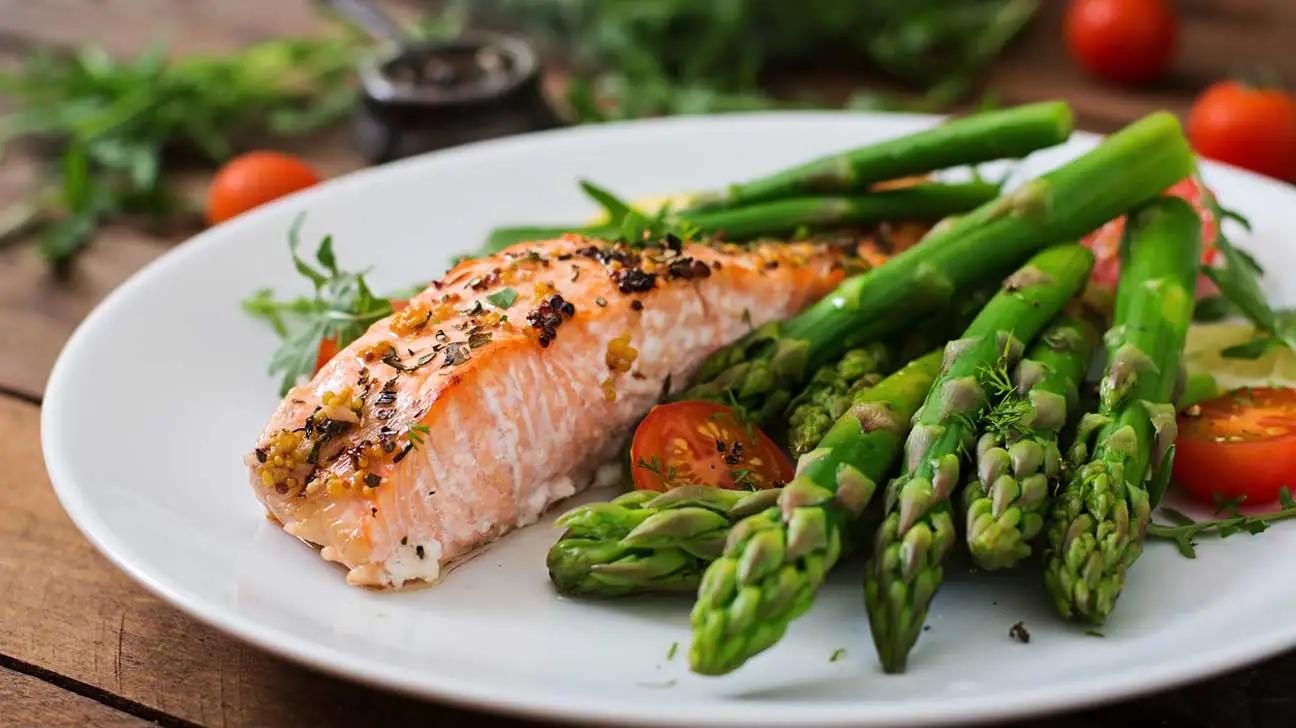Diet meals refer to any food or beverage that has been altered to reduce its fat, sugar and/or carbohydrate content. They’re commonly used as a means of weight loss but may also be beneficial if you want to build muscle mass.
Before embarking on any new diet, be sure to consult with your doctor first. This is especially important if you are pregnant or breastfeeding.
Carbohydrates
Carbohydrates are the main energy source for your body, made up of sugars, starches or fibers found in many foods like grains, dairy and fruits.
Sugar is the simplest form of carbohydrates and it naturally occurs in fresh produce like fruit, vegetables and milk. Unfortunately, it’s also added to many processed foods like candies and sodas for added sweetness.
Refined sugars provide calories, but lack essential vitamins, minerals and fiber that may contribute to weight gain. Eating foods like whole grains, fruits and vegetables instead can provide you with essential nutrients without adding added sugars.
Proteins
Protein is an essential building block of your body. Not only does it repair cells, build muscle mass and provide energy for daily tasks, but protein also plays a major role in cell repair processes.
Maintaining an optimal level of protein in your diet is essential for everyone. Make sure to get enough to keep muscles and bones strong, but not so much that you become overfed or dehydrated.
Your ideal protein-packed diet meal consists of multiple sources of the nutrient. These may include lean meats, low-fat dairy, poultry or fish as well as some plant-based proteins.
Fats
Fats give foods a rich, satisfying texture and flavor. Furthermore, they supply essential fatty acids your body requires for growth and development.
Additionally, fats help the body absorb essential vitamins and minerals. But too much fat can lead to weight gain as well as health problems like heart disease.
Saturated fats are commonly found in meat, butter, dairy products, tropical plant-based oils and highly processed foods. Excess saturated fat can increase your blood cholesterol and put you at greater risk for heart disease.
Unsaturated fats (monounsaturated and polyunsaturated) are primarily found in vegetables, nuts and fish. At room temperature these unsaturated fats remain liquid; however when refrigerated they solidify.
Monounsaturated and polyunsaturated fats have been known to lower your blood cholesterol and decrease the risk of heart disease, while saturated and trans fats are detrimental for health.
Vegetables
Vegetables are an integral part of a balanced diet, providing essential nutrients like fiber, vitamins and minerals.
Eating vegetables as part of your daily diet can help you shed pounds and maintain them. Vegetables are low in calories, have a high water content, and contain plenty of antioxidants to support weight loss efforts.
They provide a significant amount of fiber, which may help you feel satiated and reduce your appetite.
Vegetables are divided into five subgroups according to their nutrient content: dark green vegetables, red and orange veggies, starchy veggies and legumes (beans and peas). Eating a variety of veggies ensures you get all the essential vitamins and minerals.
Fruits
Fruits are an integral part of a nutritious diet. Not only do they supply essential vitamins and minerals, but they’re also high in fiber for added bonus points!
Fruit-rich diets may reduce your risk for chronic illnesses like heart disease, cancer and diabetes. The amount of fruit recommended daily depends on your age, gender, height and weight.
Fruits are also an excellent source of dietary fiber, vitamin C and potassium. These essential nutrients can promote good health and help build a robust immune system.







 Adapting Fitness and Nutrition for the Unique Physiology of Perimenopause
Adapting Fitness and Nutrition for the Unique Physiology of Perimenopause  Ancient Wisdom, Modern Glow: Integrating TCM and Ayurveda into Skincare
Ancient Wisdom, Modern Glow: Integrating TCM and Ayurveda into Skincare  Financial Wellness Through Fitness: Budgeting for Health and Calculating ROI on Wellness Spending
Financial Wellness Through Fitness: Budgeting for Health and Calculating ROI on Wellness Spending  Your Roadmap to Recovery: Navigating Life After Full-Arch Dental Implants
Your Roadmap to Recovery: Navigating Life After Full-Arch Dental Implants  Navigating Acne Treatments and Product Compatibility for Sensitive, Reactive Skin Types
Navigating Acne Treatments and Product Compatibility for Sensitive, Reactive Skin Types  Adapting Fitness and Nutrition for Long-Term Healthspan in Peri-Menopause and Menopause
Adapting Fitness and Nutrition for Long-Term Healthspan in Peri-Menopause and Menopause  The Intersection of Skin Health and Metabolic Wellness: It’s More Than Skin Deep
The Intersection of Skin Health and Metabolic Wellness: It’s More Than Skin Deep  Adapting Strength Training for Individuals with Autoimmune Conditions and Chronic Fatigue
Adapting Strength Training for Individuals with Autoimmune Conditions and Chronic Fatigue  Gentle Fitness for Long COVID Recovery and Energy Management: A Compassionate Guide
Gentle Fitness for Long COVID Recovery and Energy Management: A Compassionate Guide 